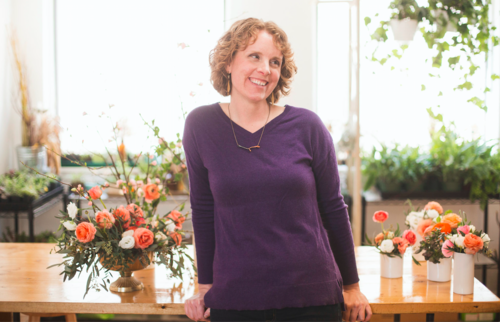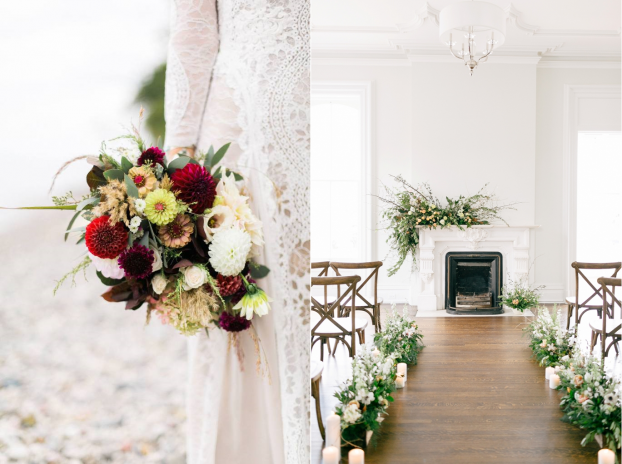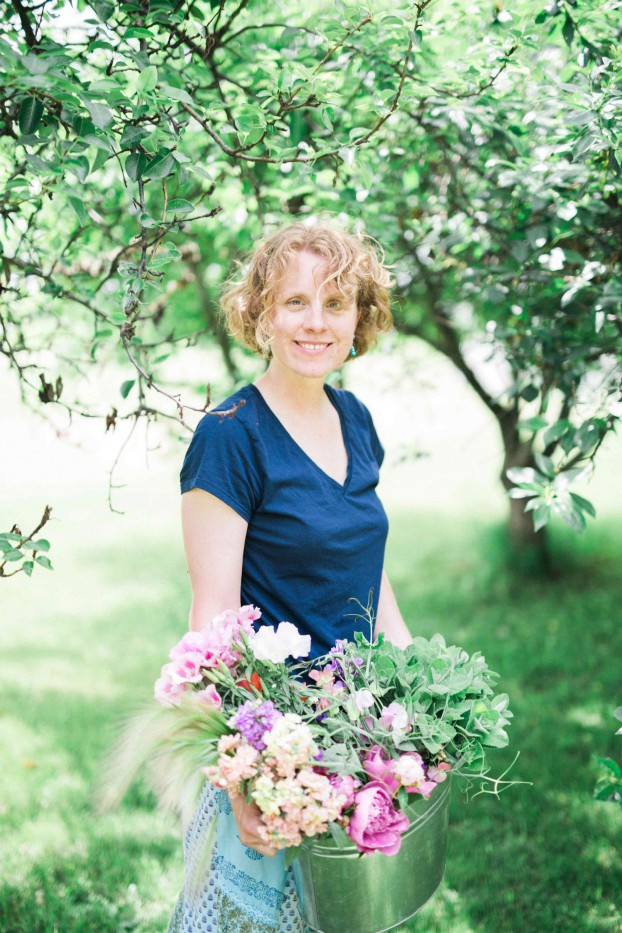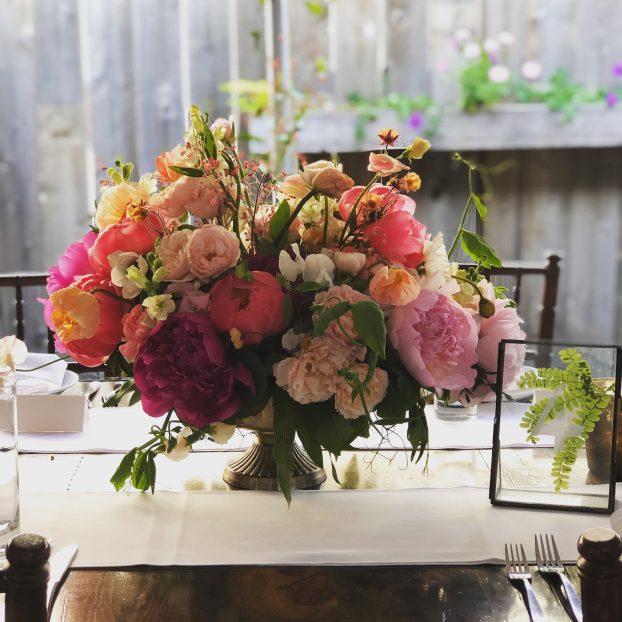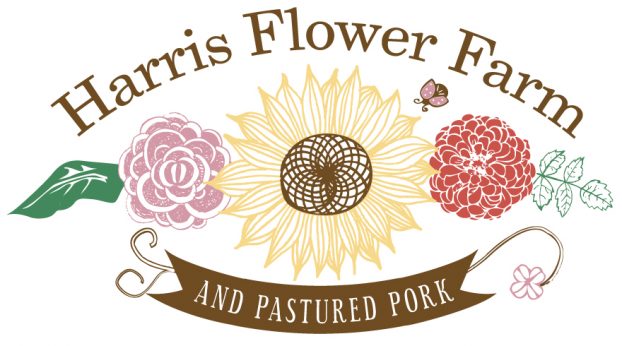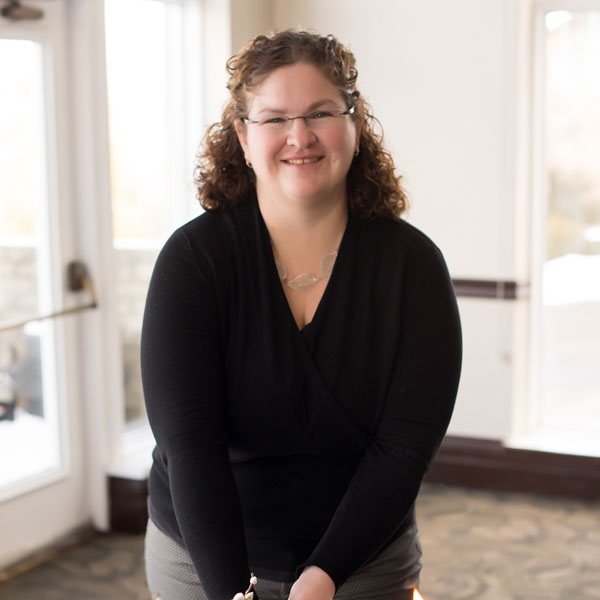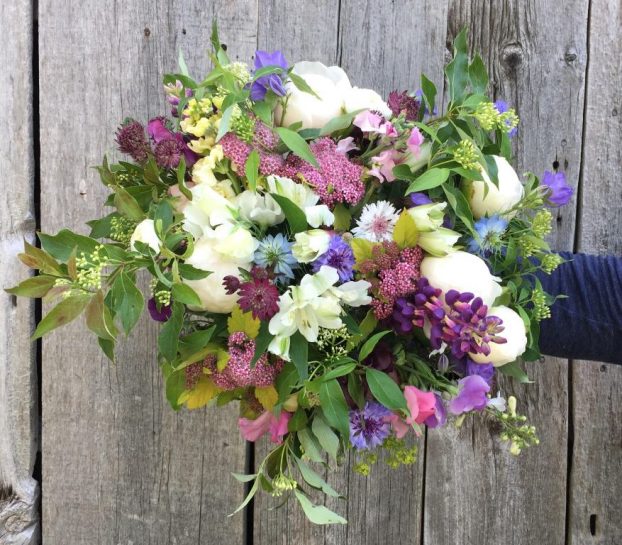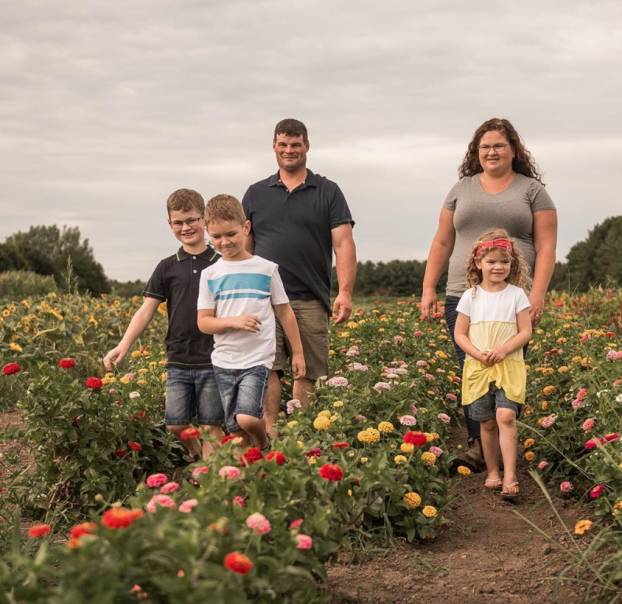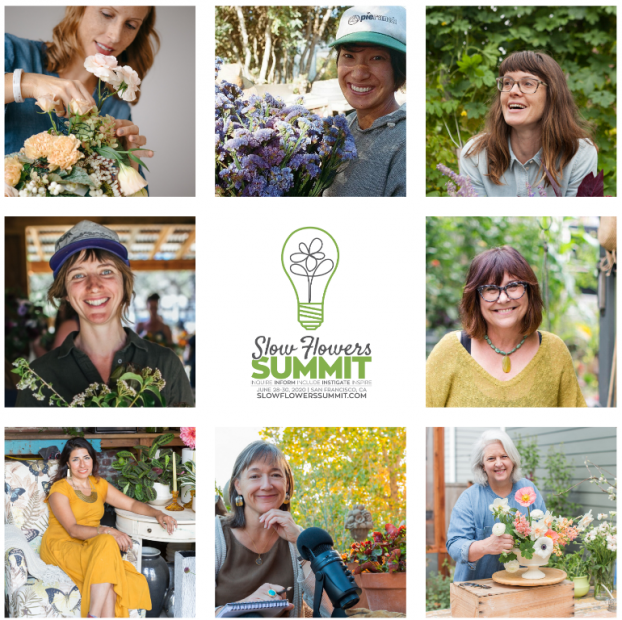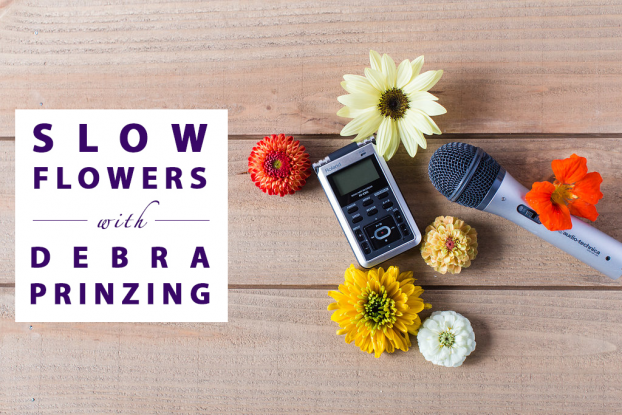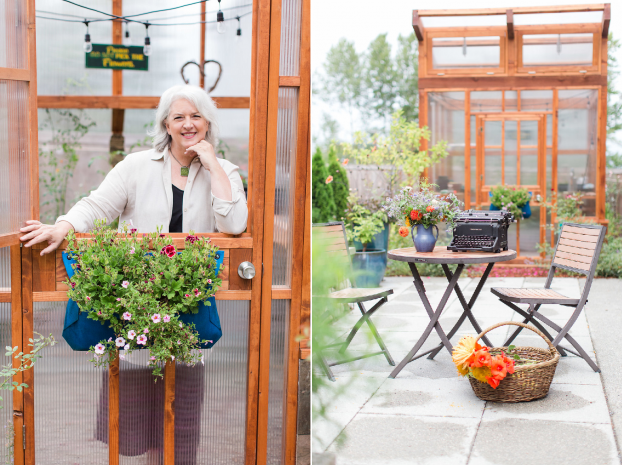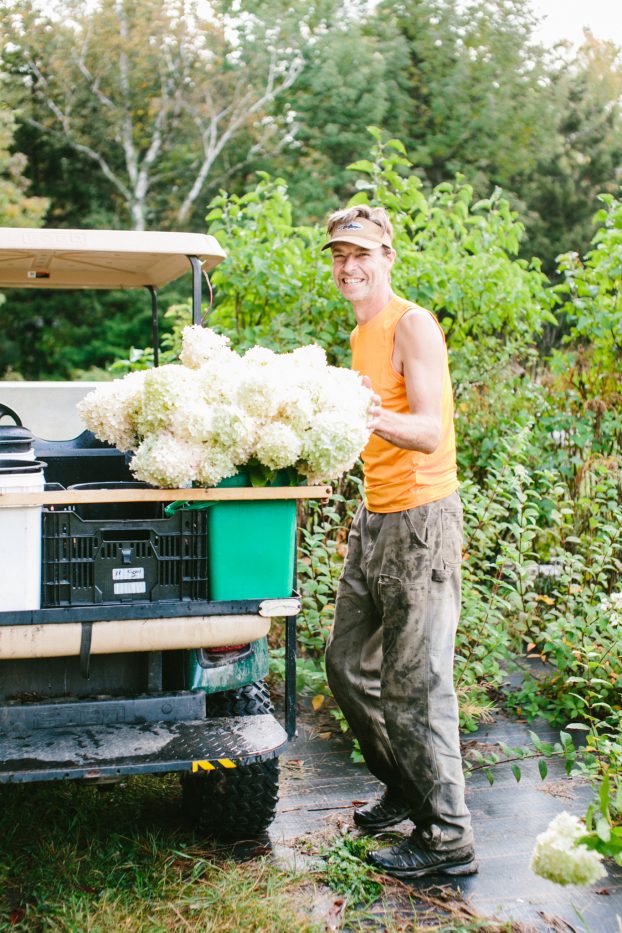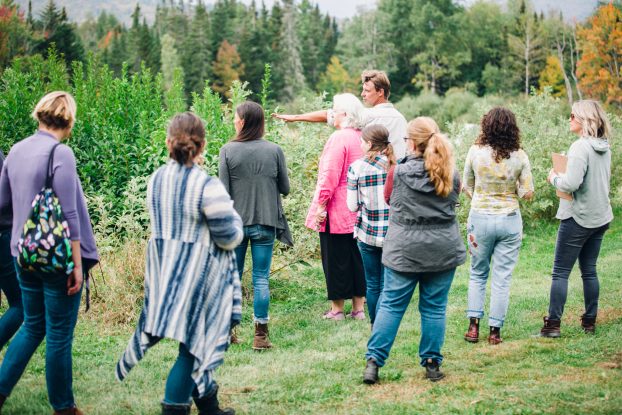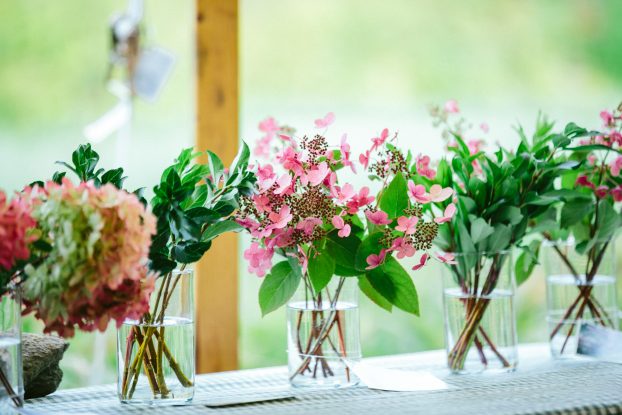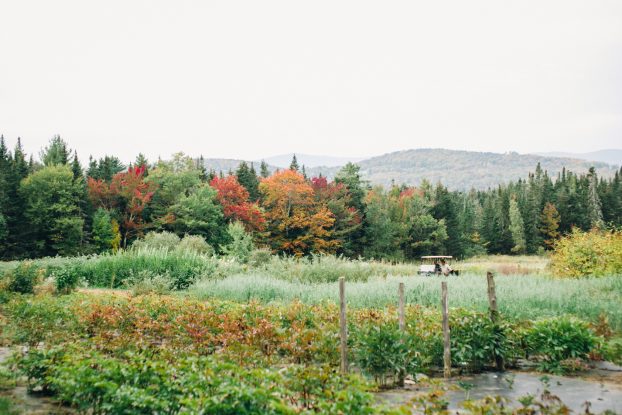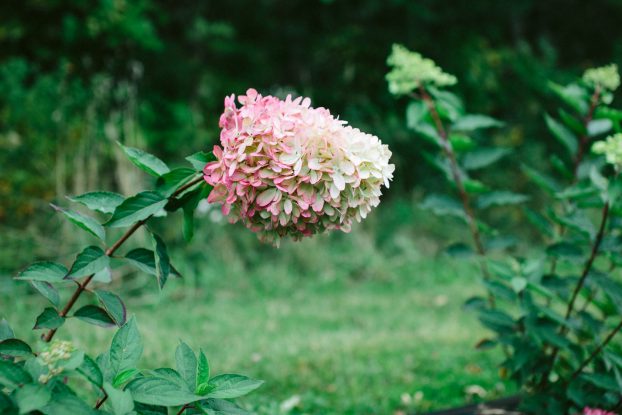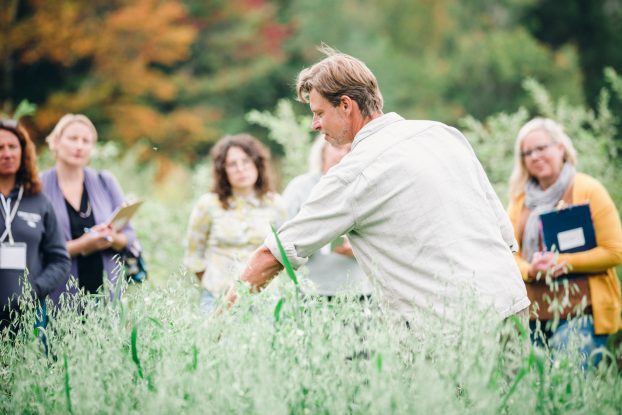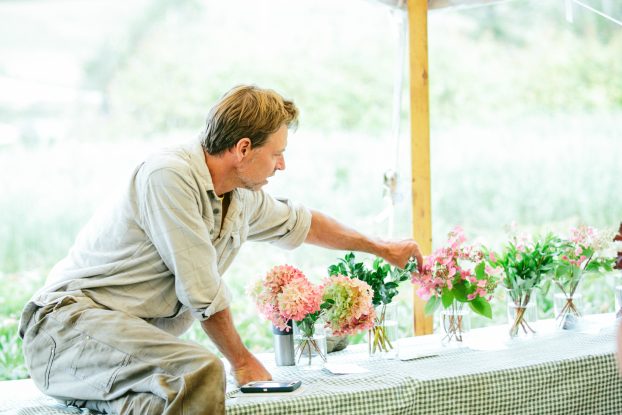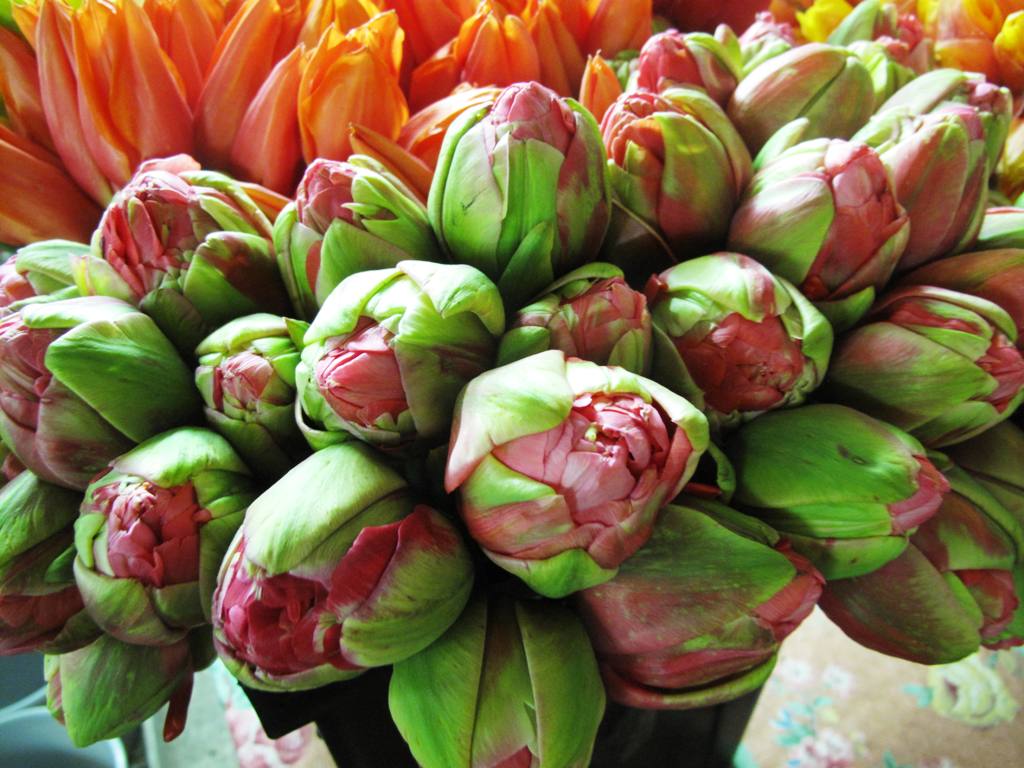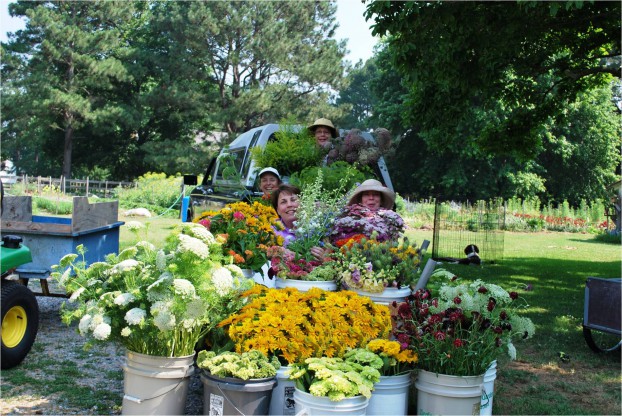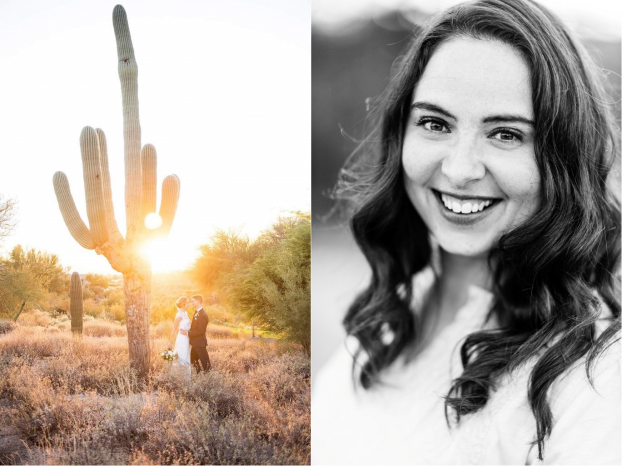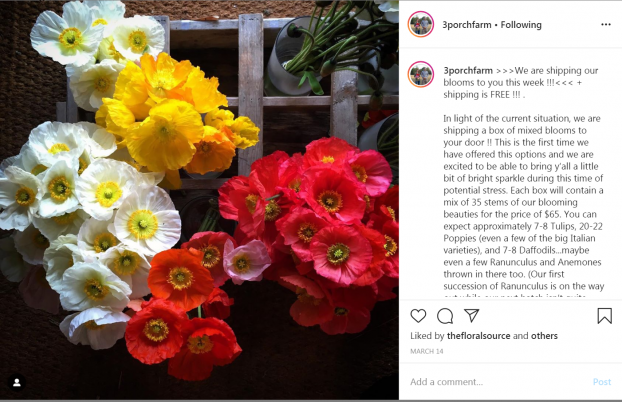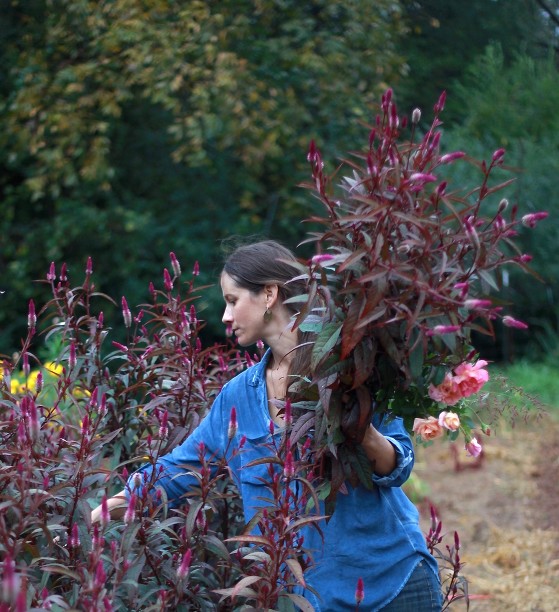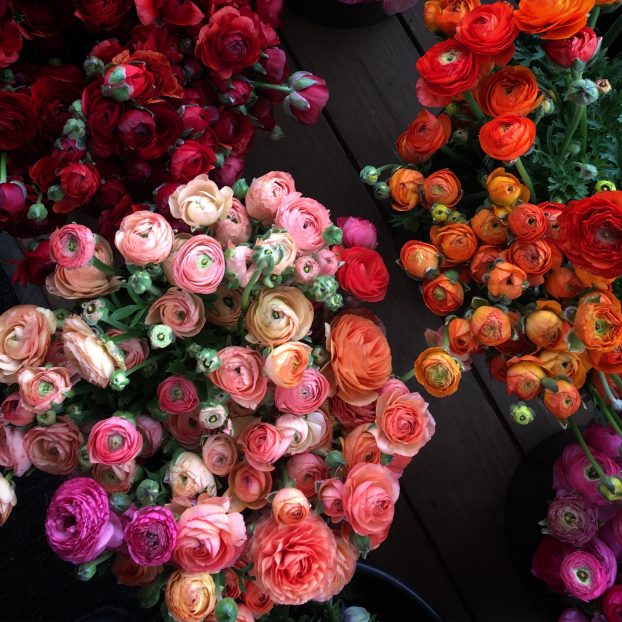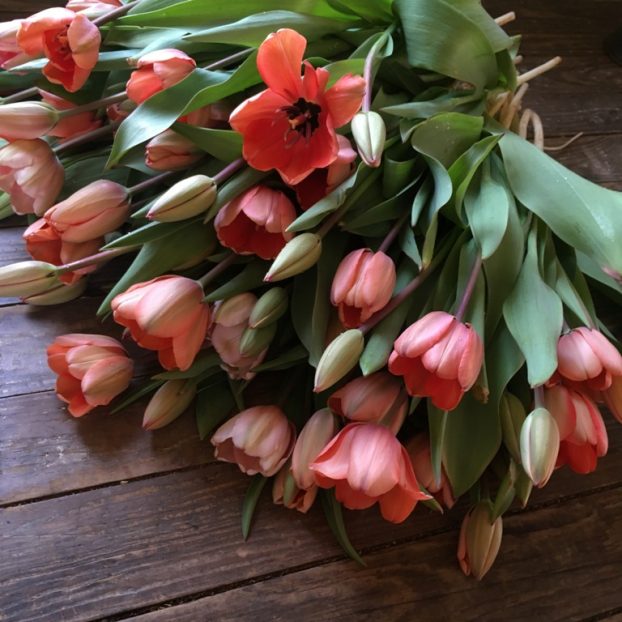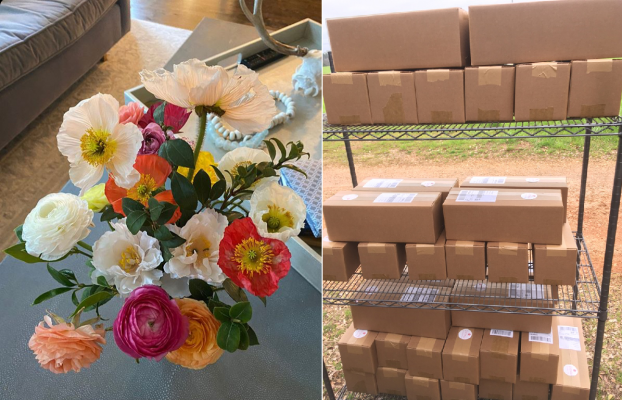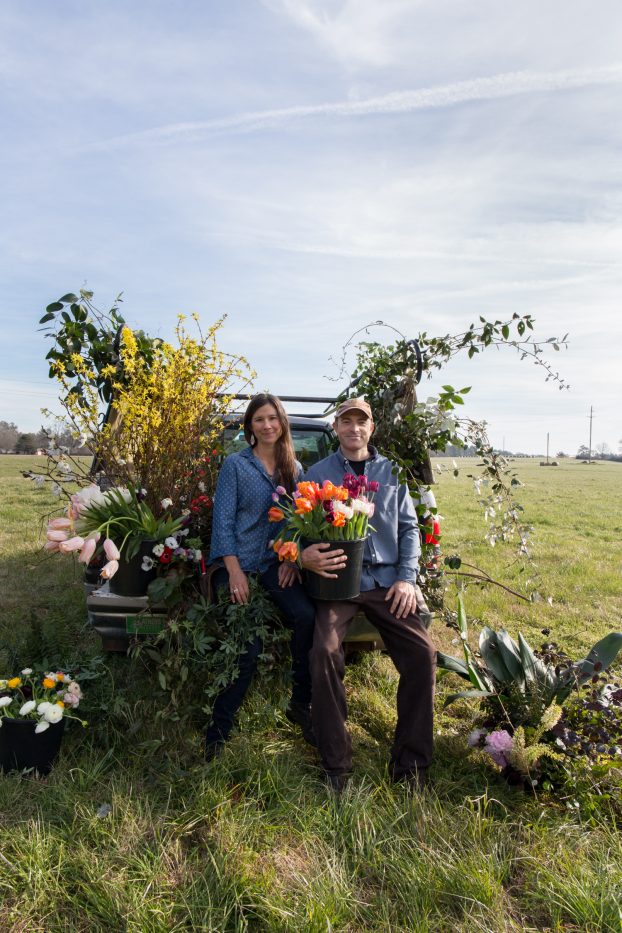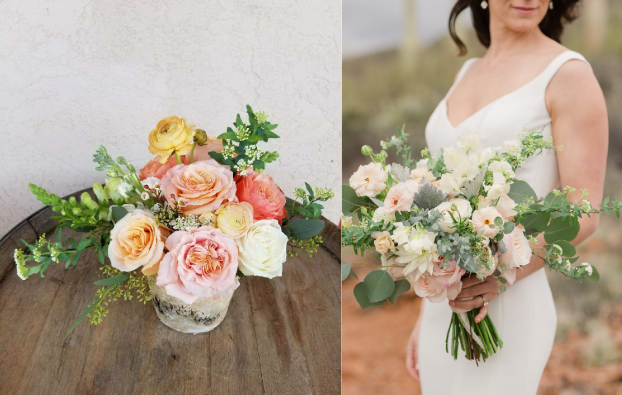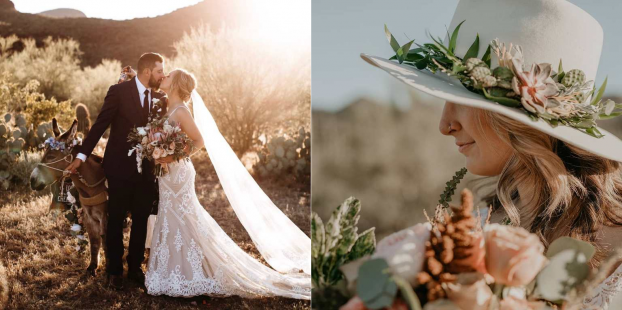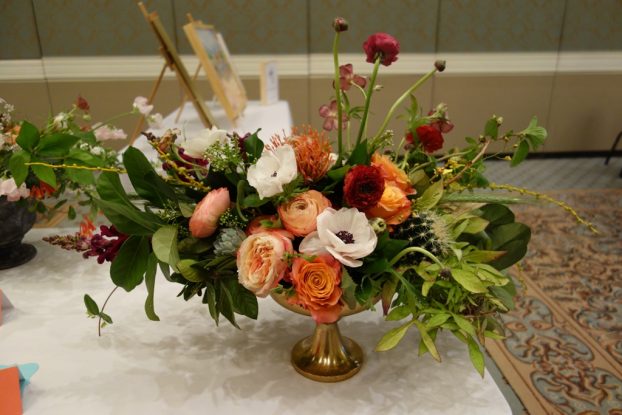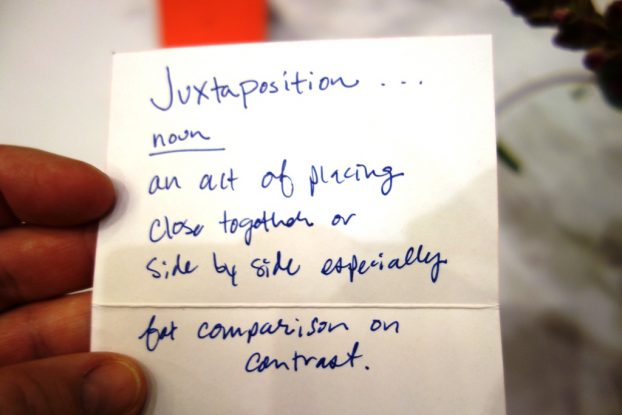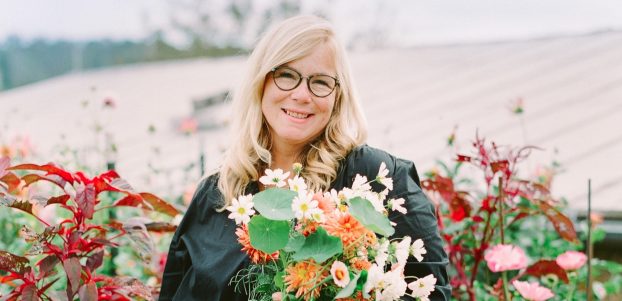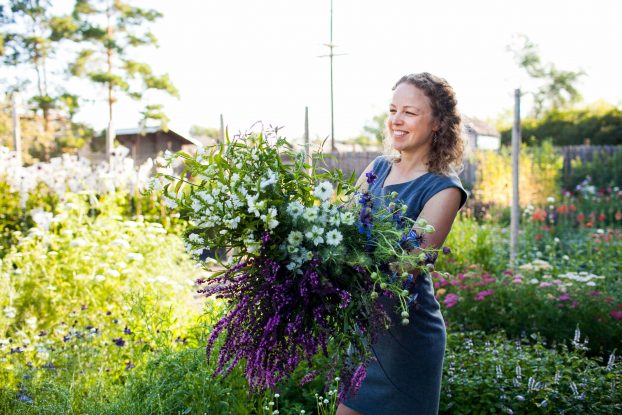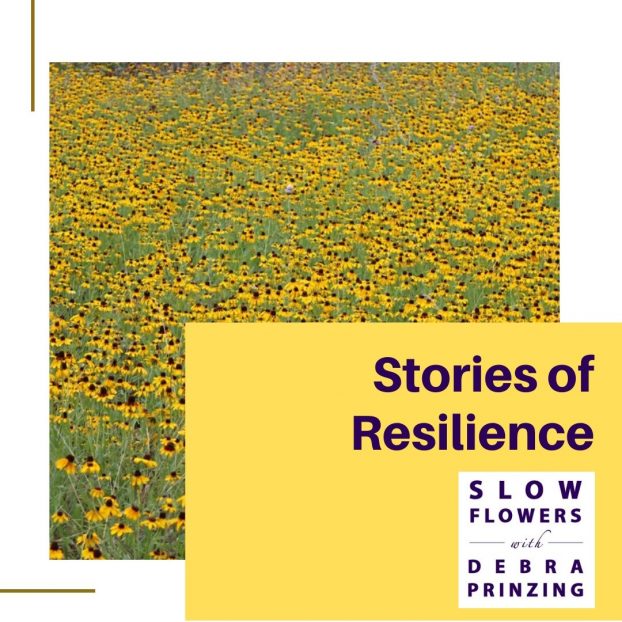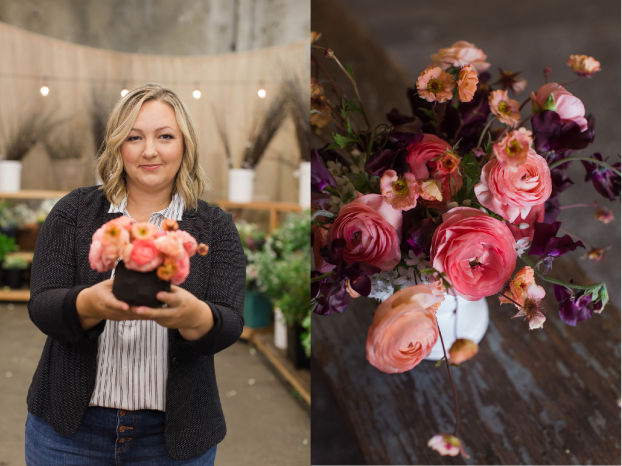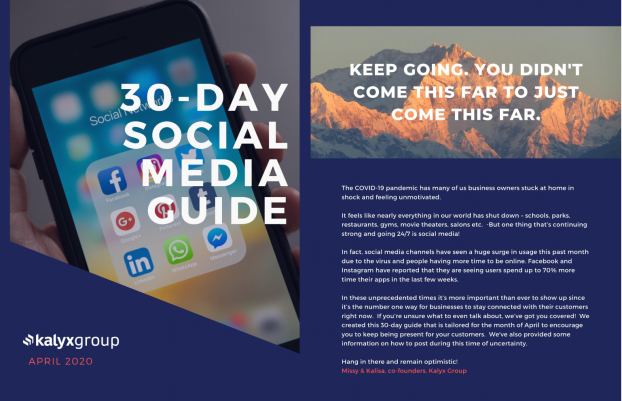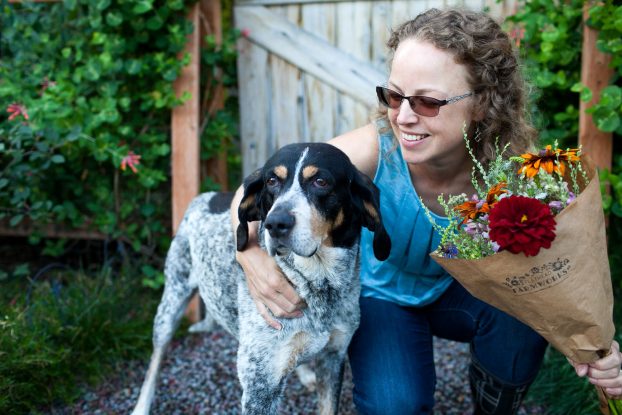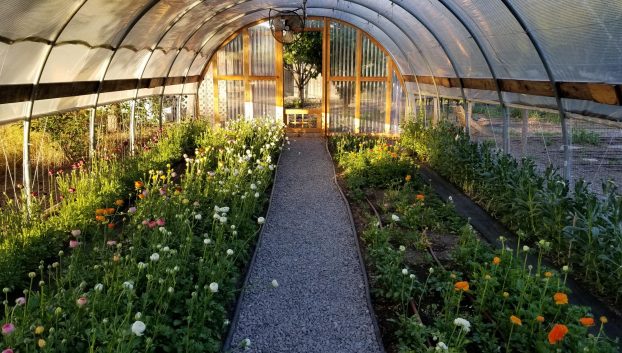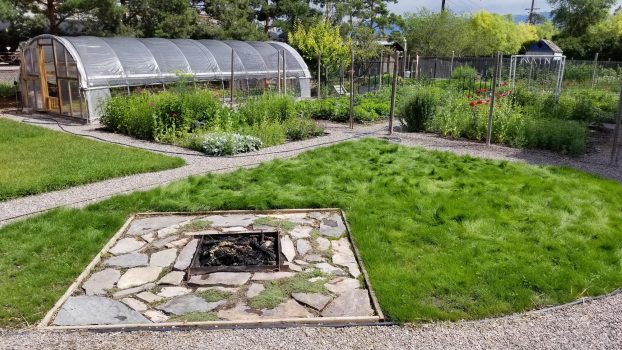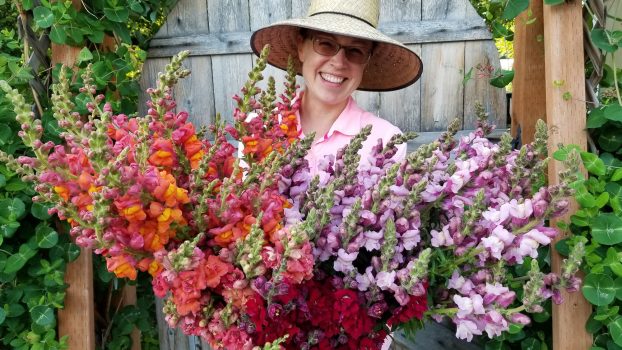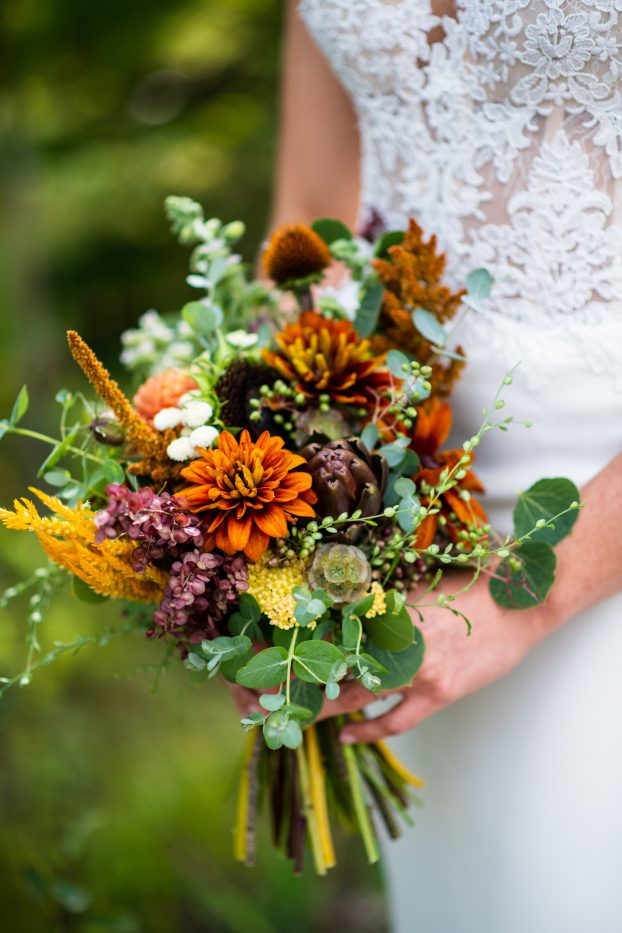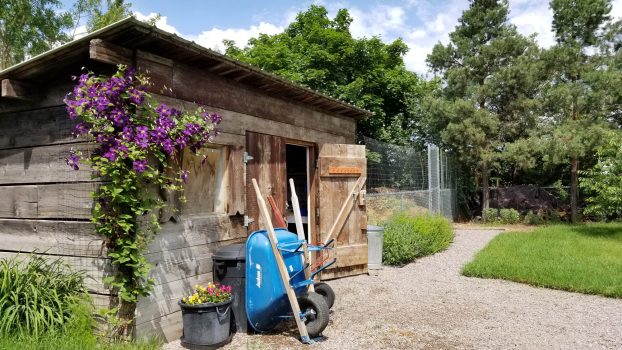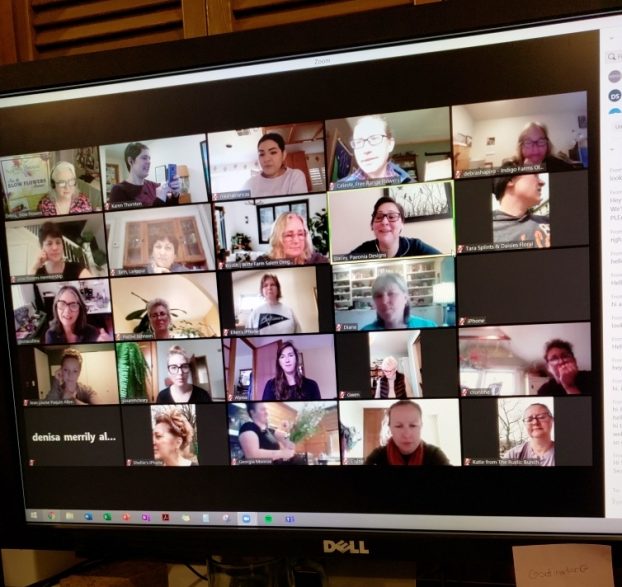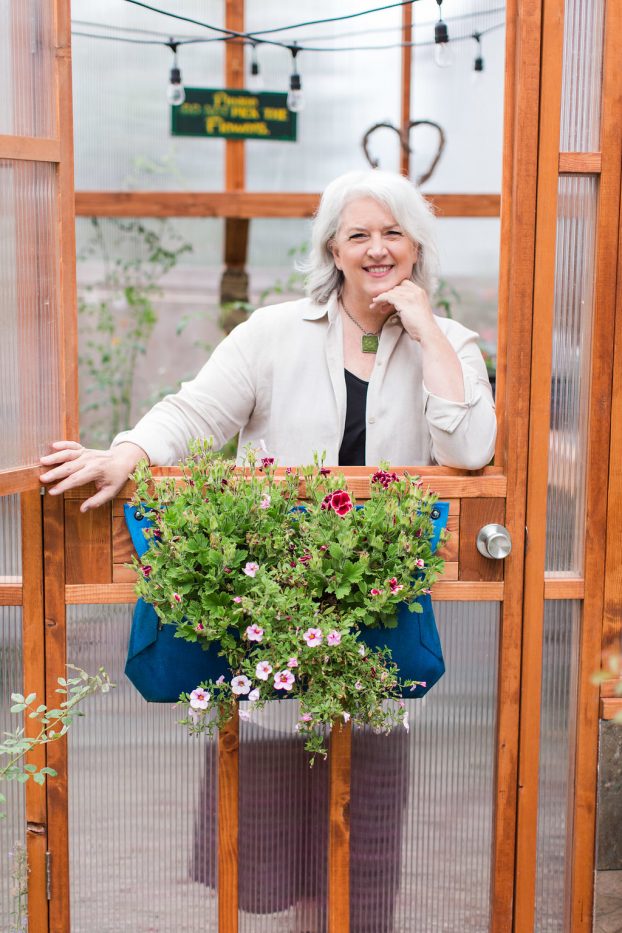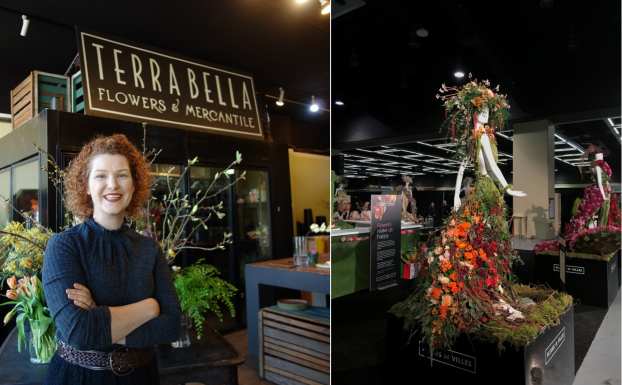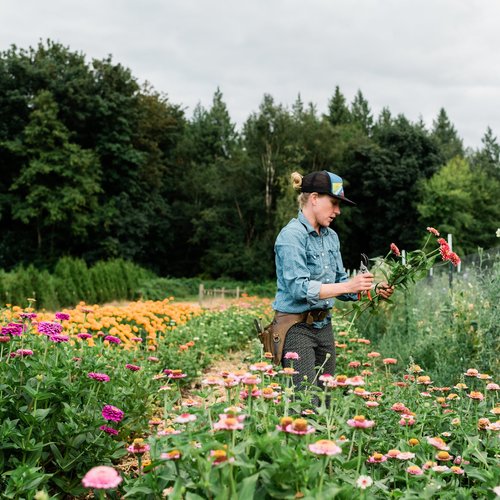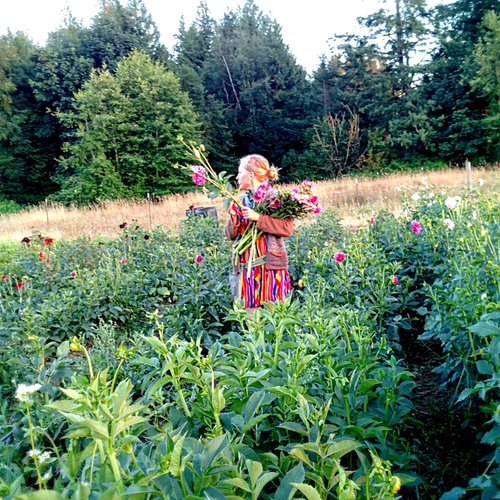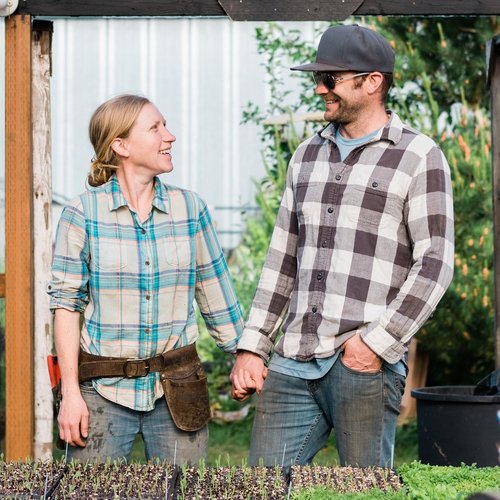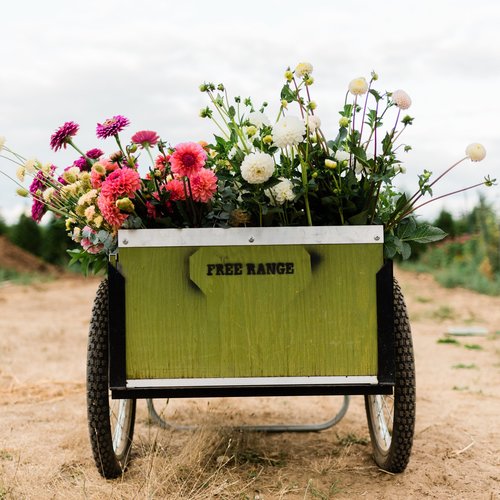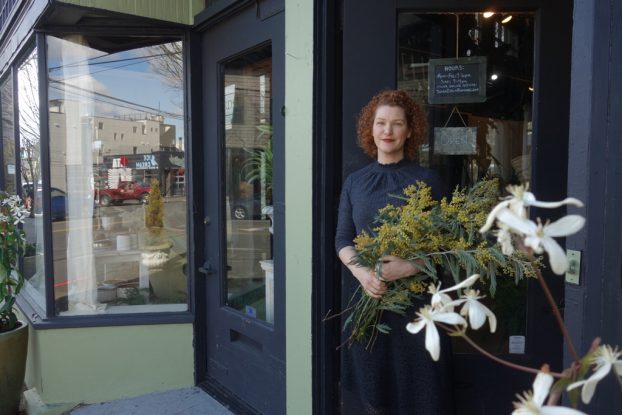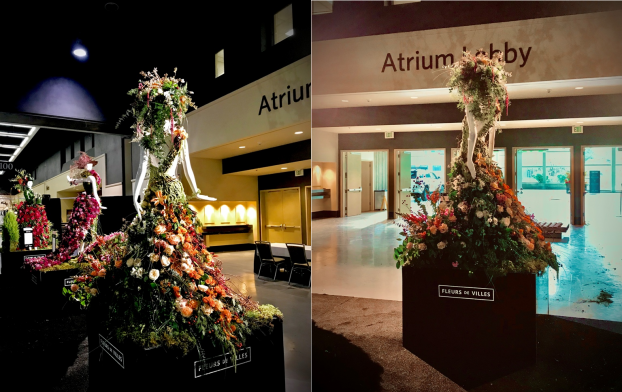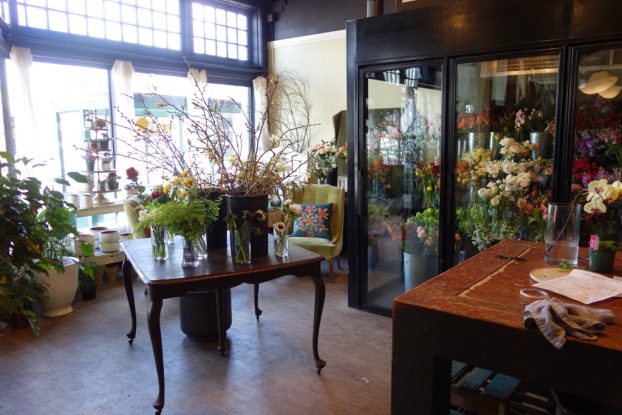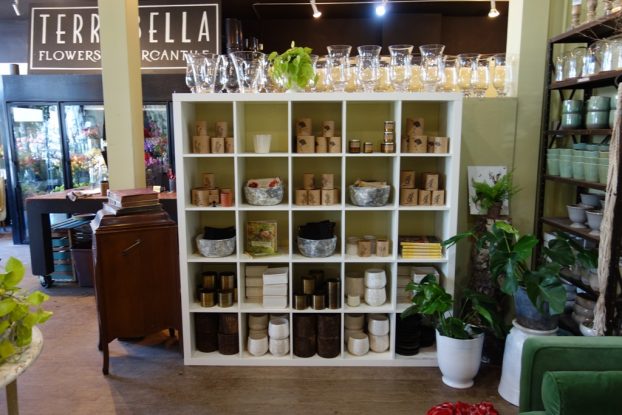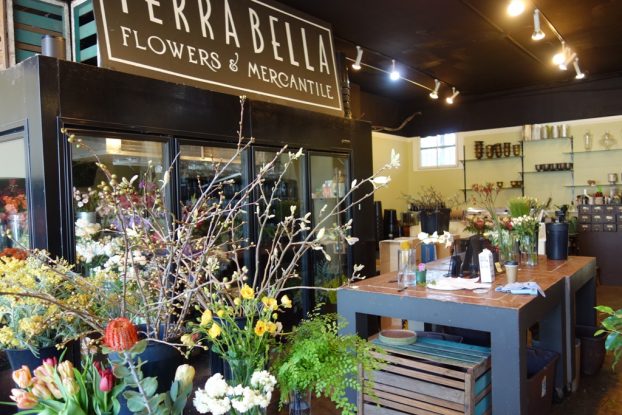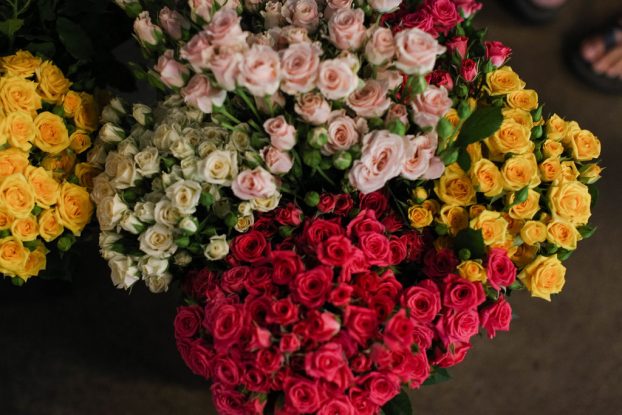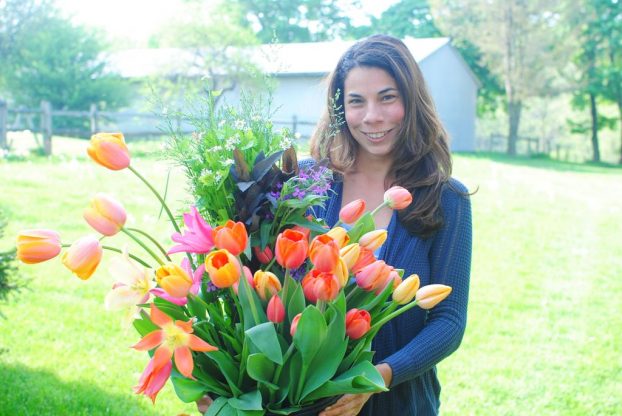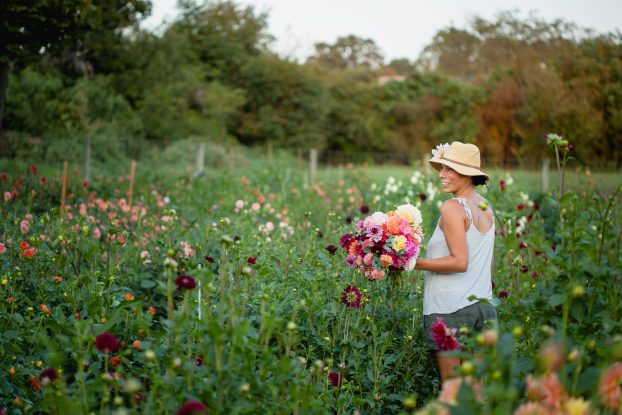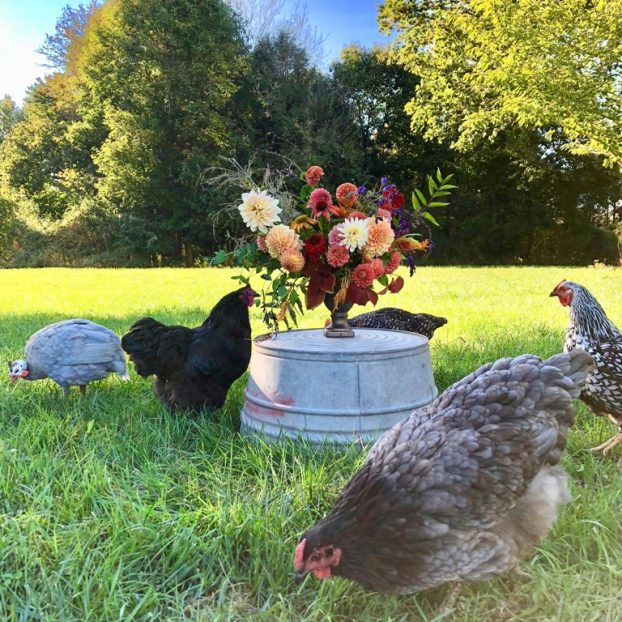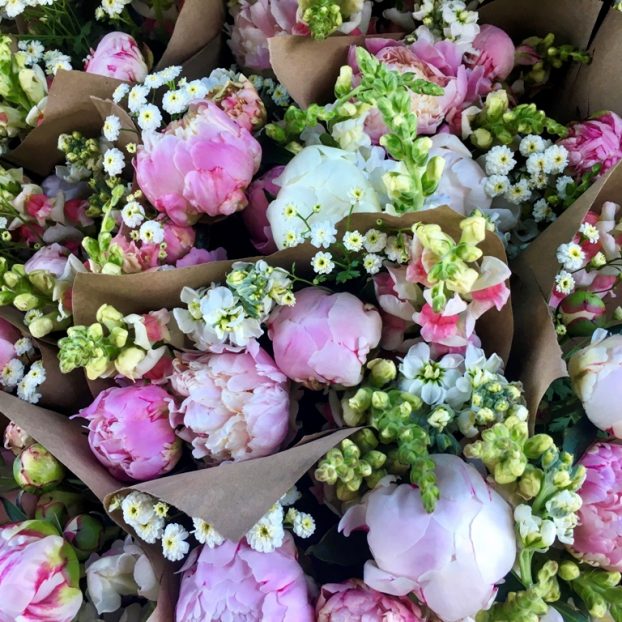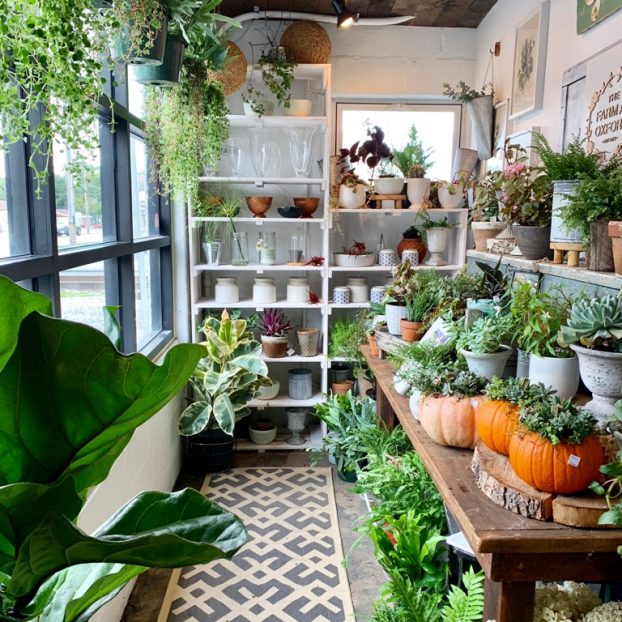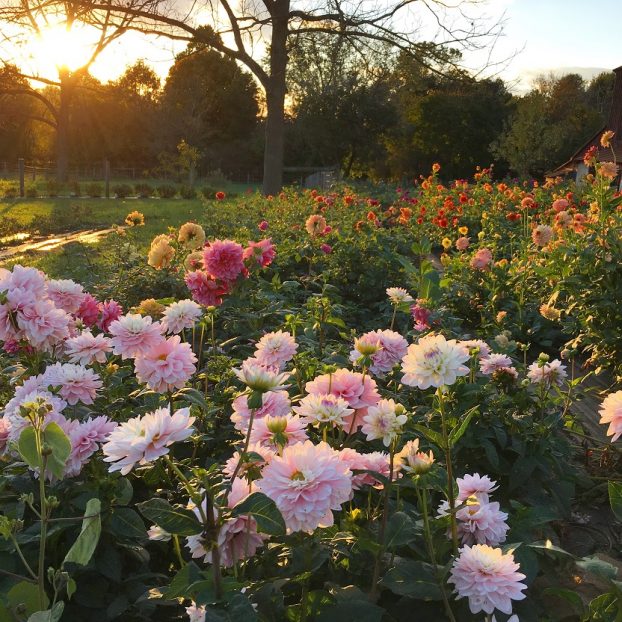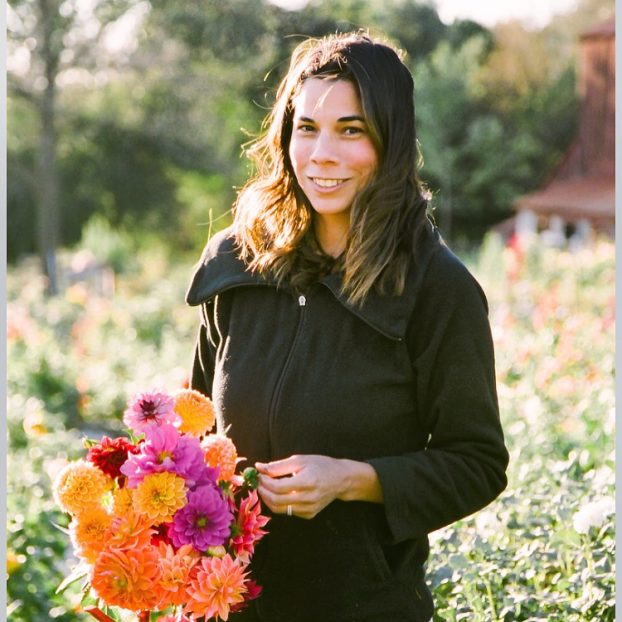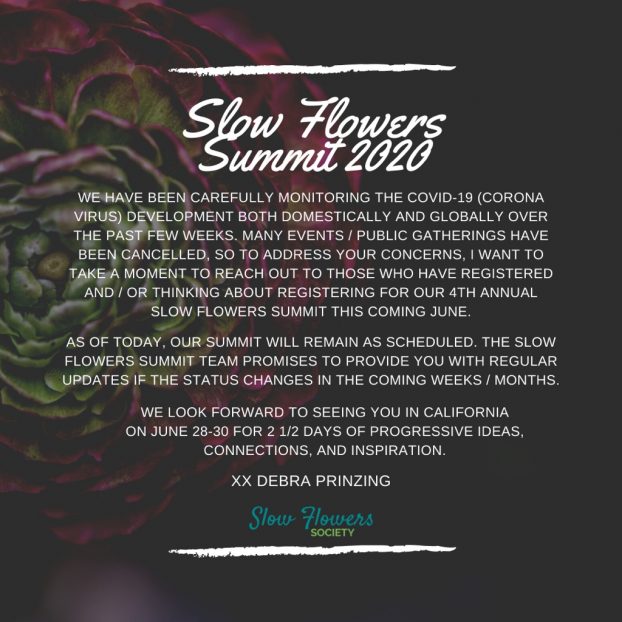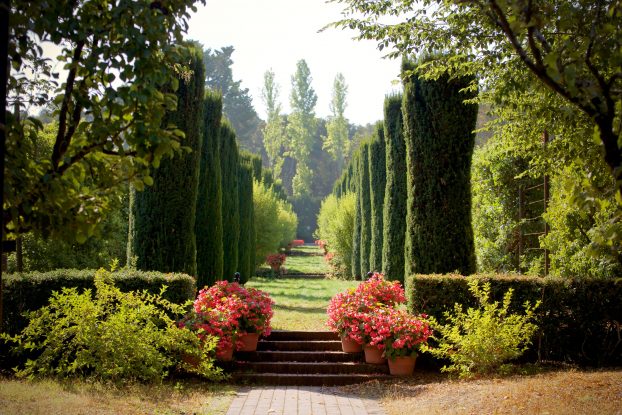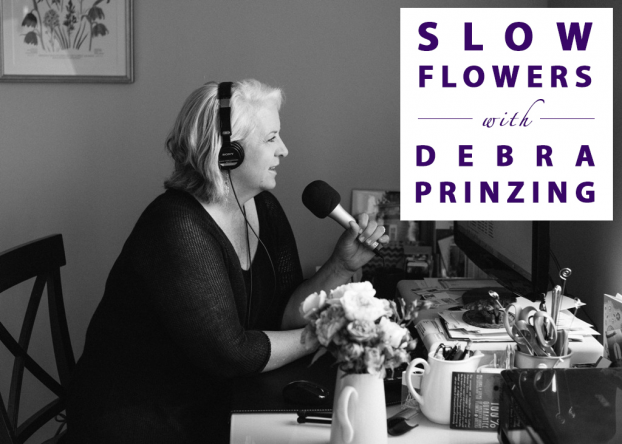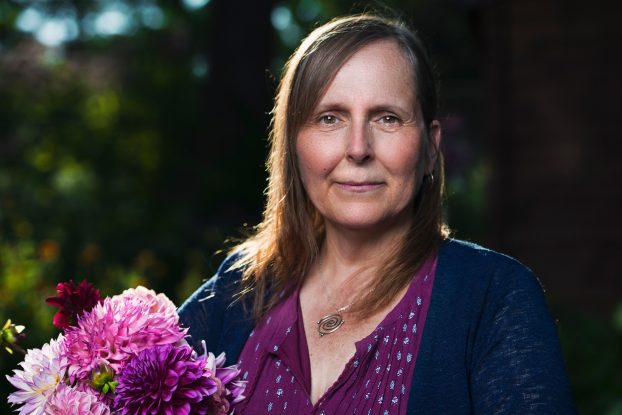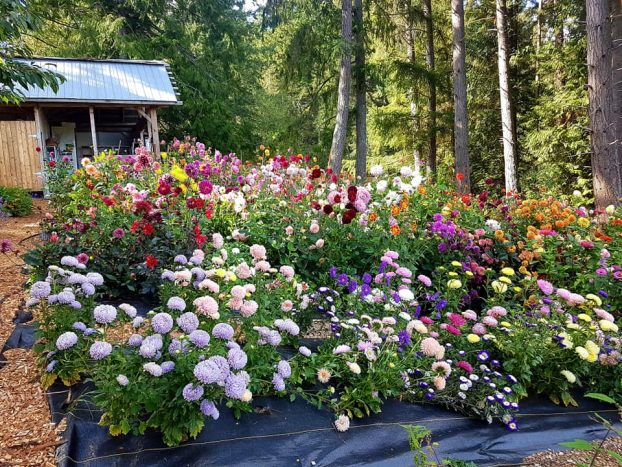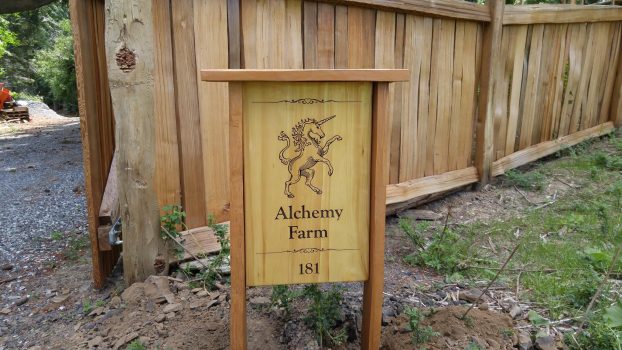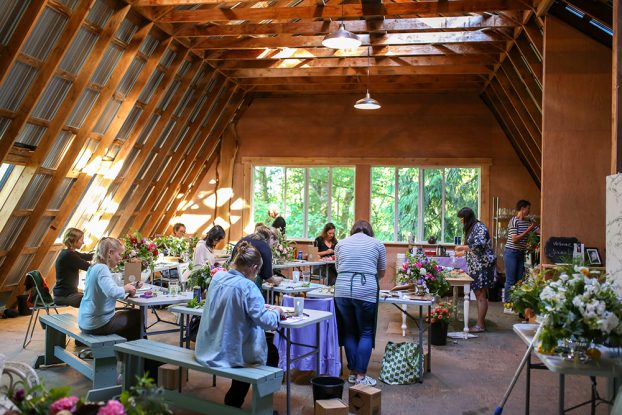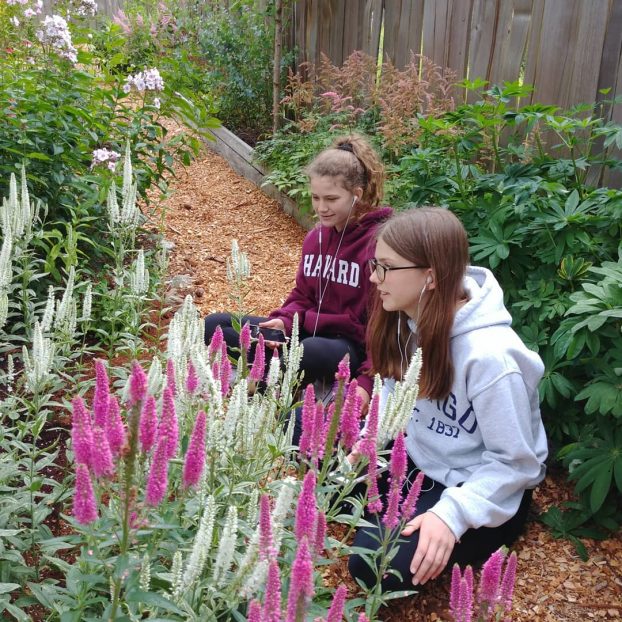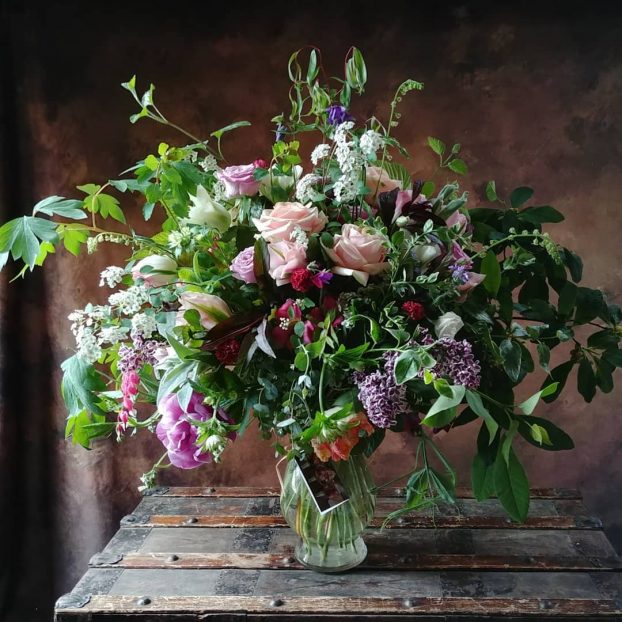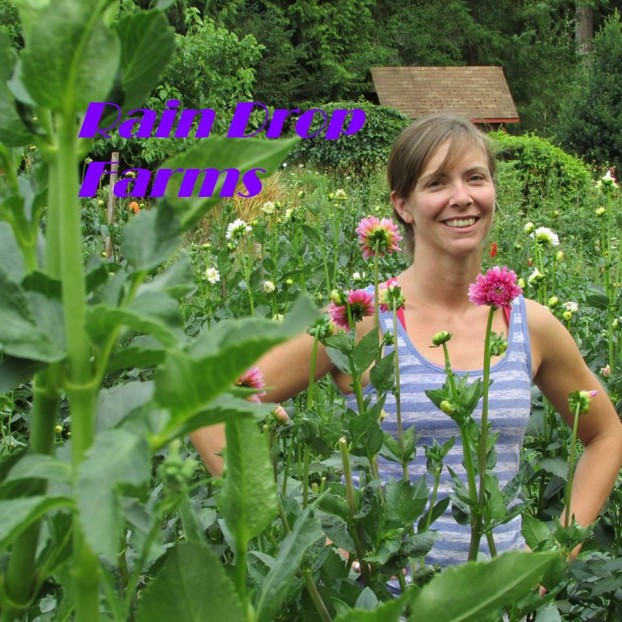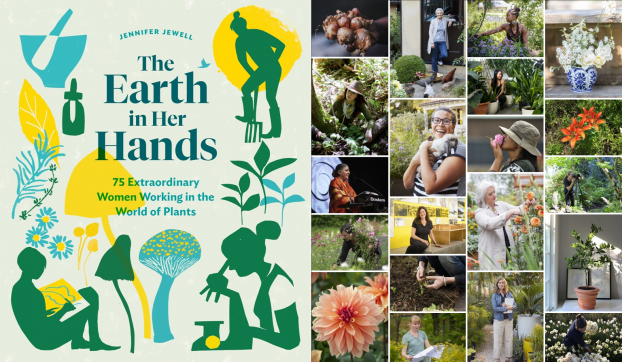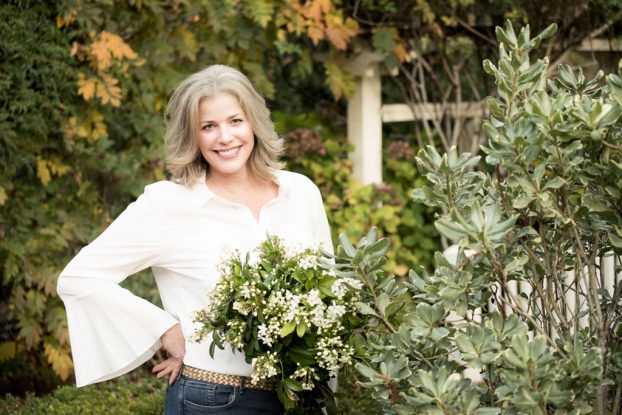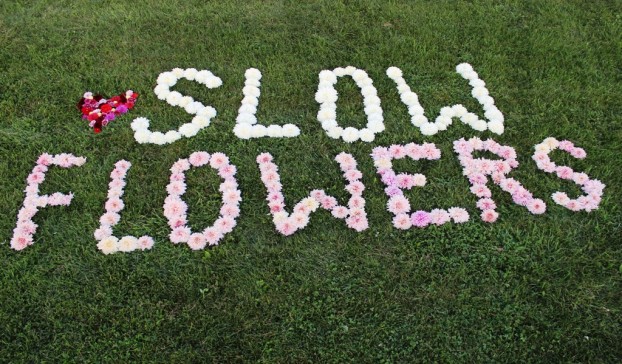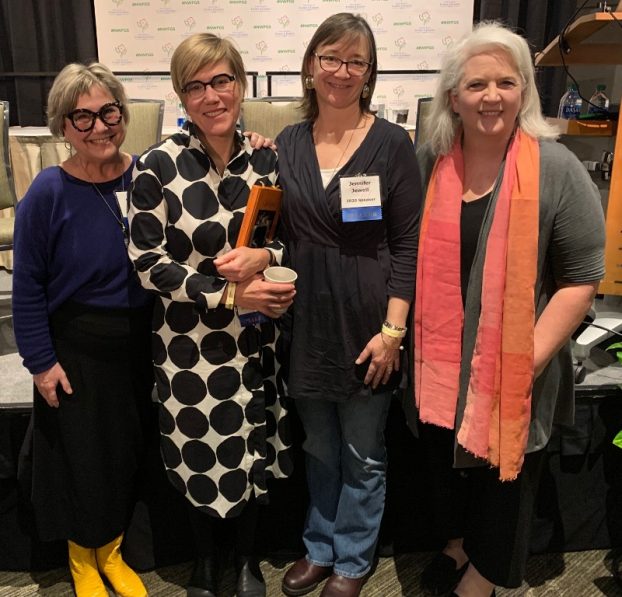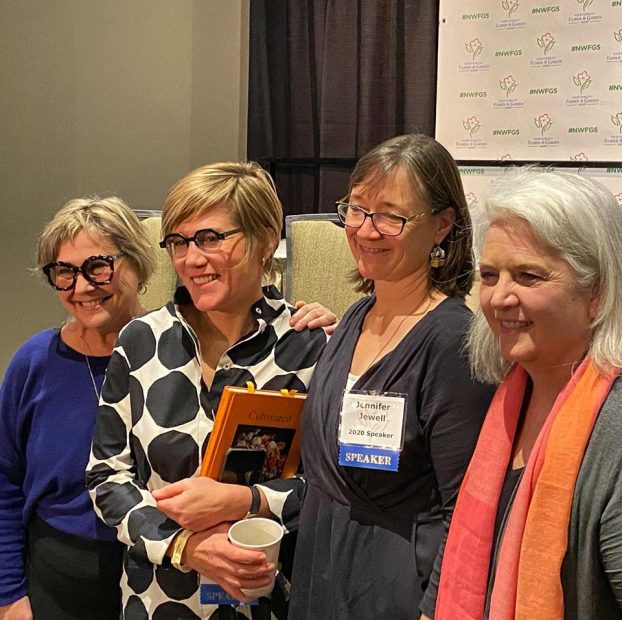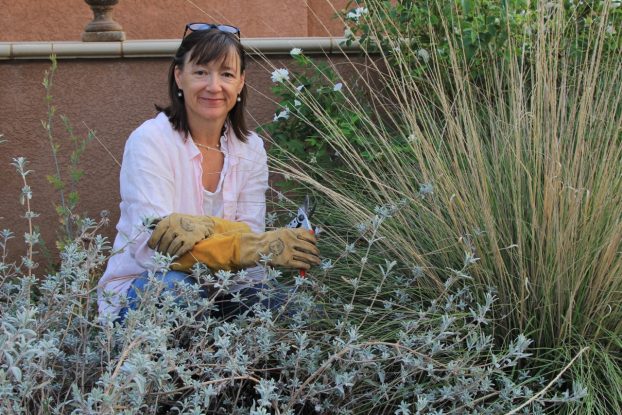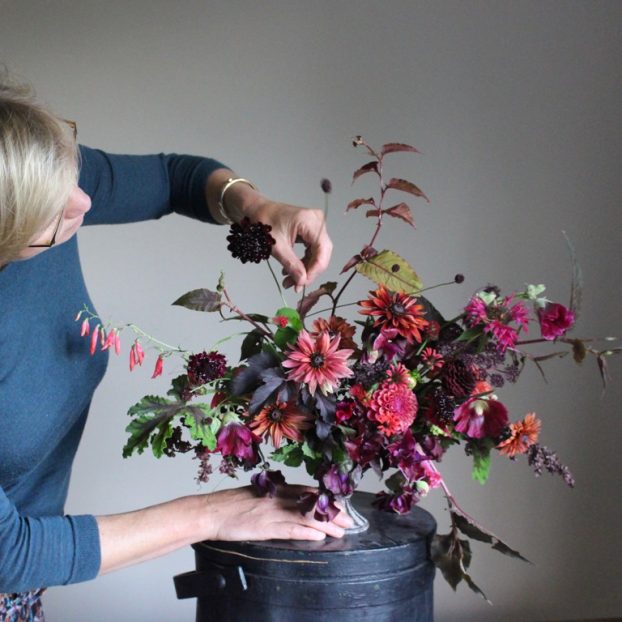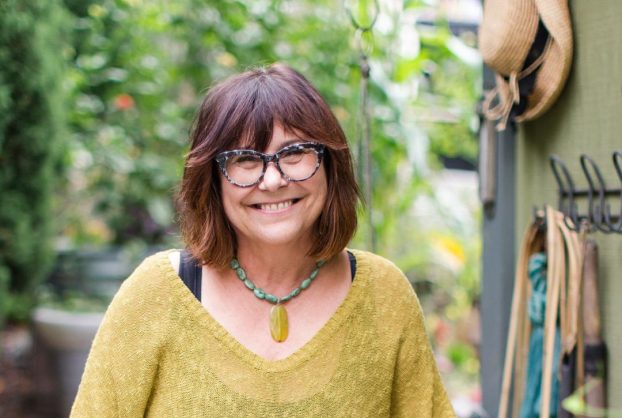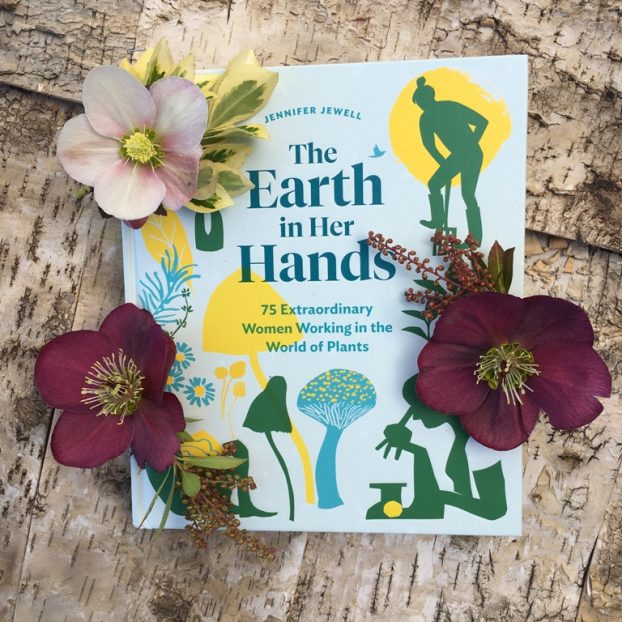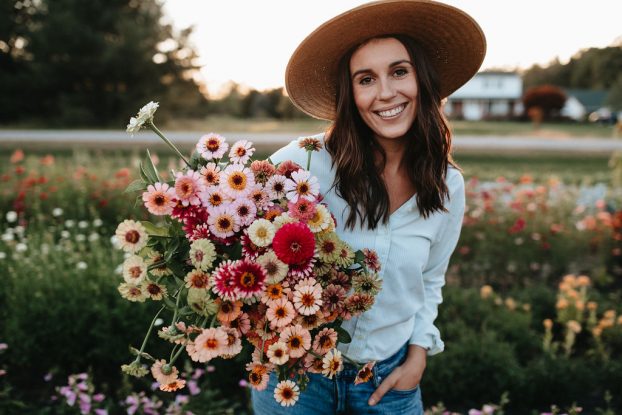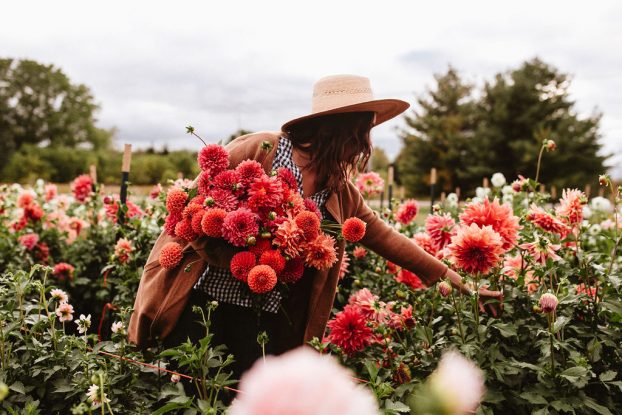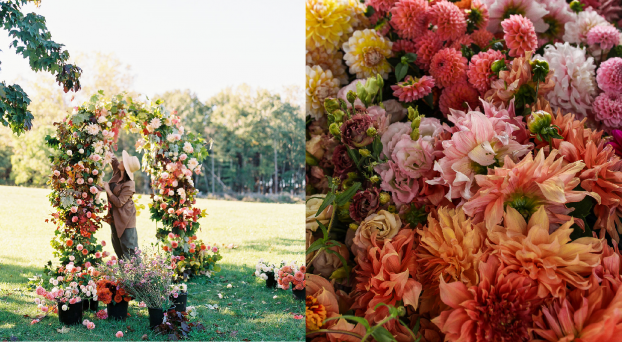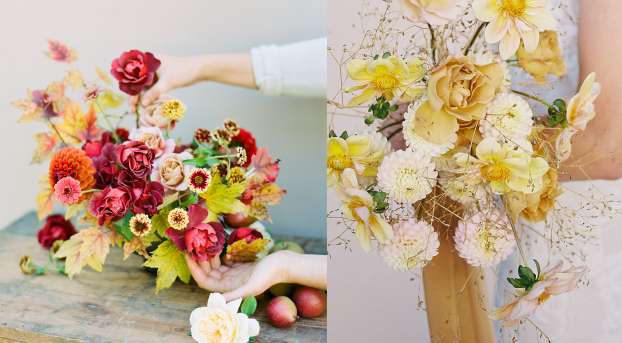Podcast: Play in new window | Download
Subscribe: Apple Podcasts | Podcast Index | RSS | More
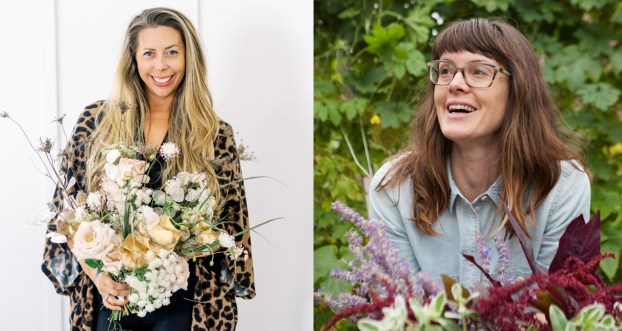
Today, we have two guests sharing their stories from different parts of the floral equation — and both hugely relevant to our Stories of Resilience series. I believe that now, more than ever, the message of sustainability and seasonal and locally-available flowers is top of mind — among consumers, flower farmers and florists. 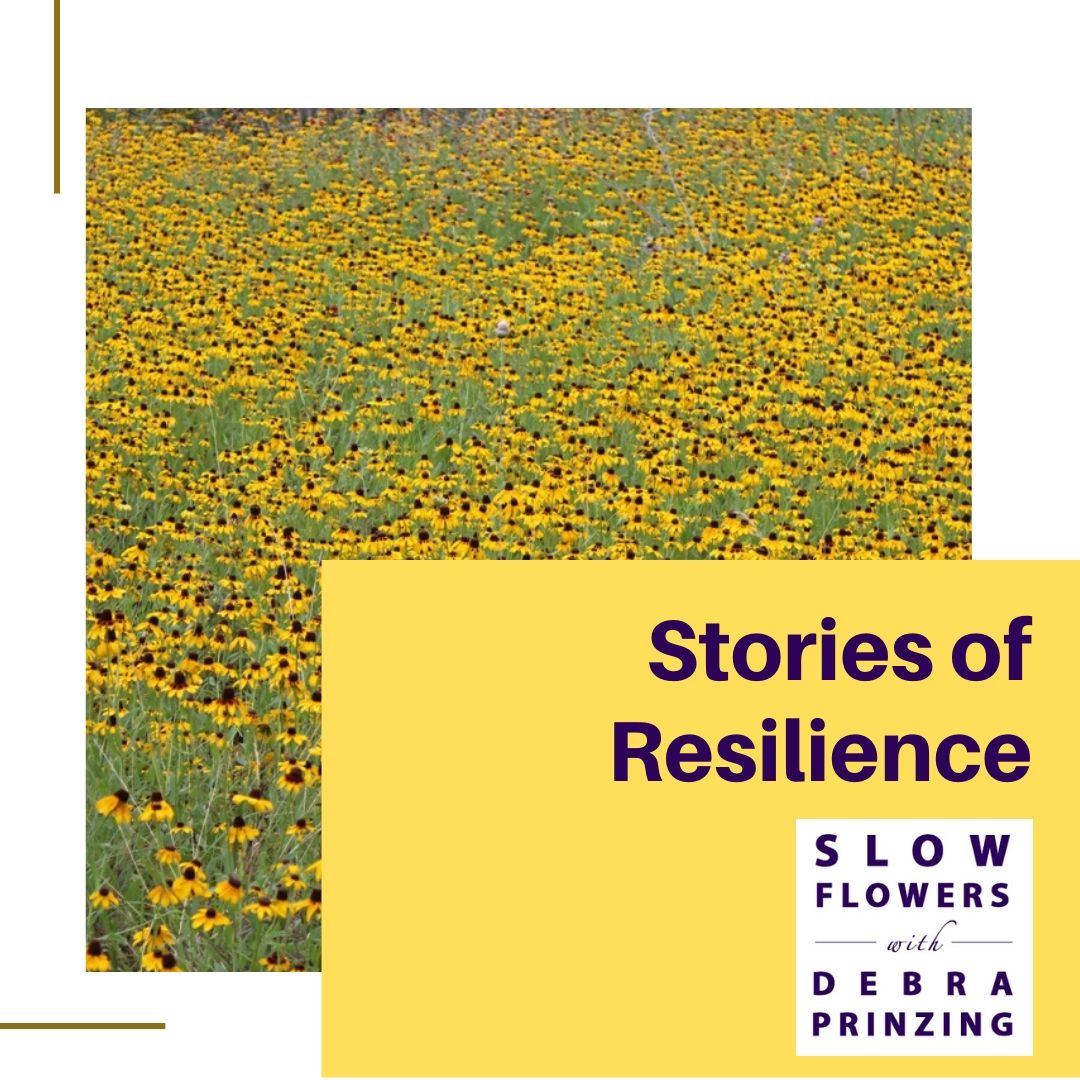
I want the Slow Flowers Podcast to be a companion to those of you in isolation, away from your physical community of peers, neighbors, customers and friends. I don’t have many answers, but we can share stories with one another. And I believe this is a powerful way to sustain ourselves.
I’ve been eager to learn ways that wholesale florists are managing and I’ve also wanted to hear how wedding and event florists are reshaping their businesses. My recently recorded conversations with today’s guests will illuminate those questions for all of us.
First up, we’ll hear from Yvonne Ashton, director of marketing at Mayesh Wholesale Florist. And that will be followed by a conversation with Molly Culver, a Brooklyn-based wedding and event florist and owner of Molly Oliver Flowers.
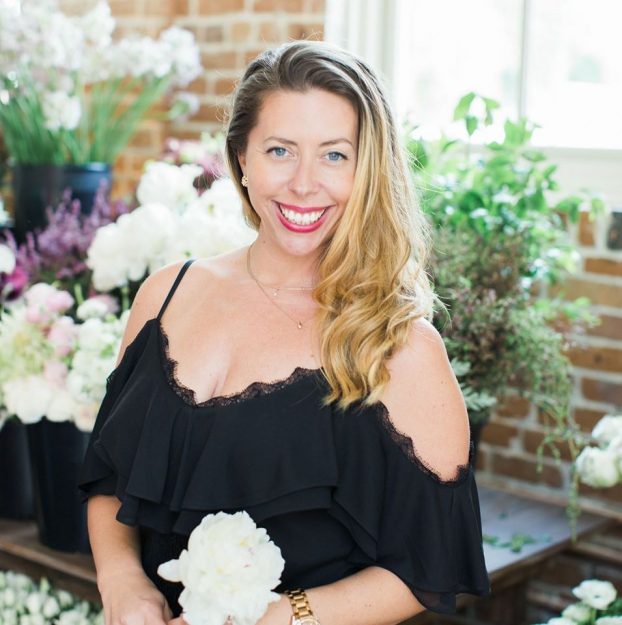
Here’s a bit more about Yvonne Ashton: At 18 years old, Yvonne Ashton had no idea what she wanted to be when she grew up. However, she did know that she loved business and decided to go to school to get a degree in Operations Management & Business Statistics. She felt a bit like Goldilocks after graduating and tried several different careers but none of them felt “just right”.
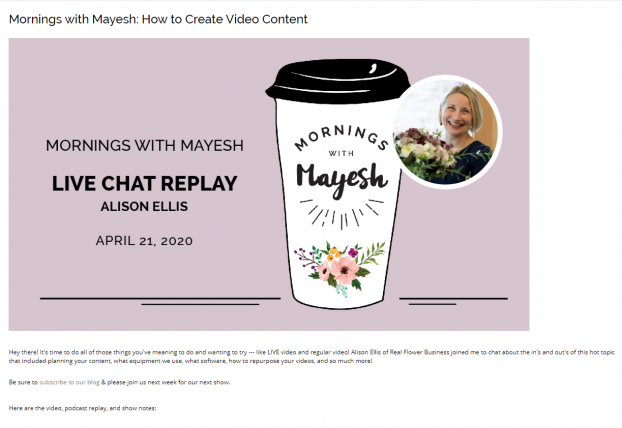
Over 11 years ago, Yvonne Ashton began her career in marketing with Mayesh Wholesale Florist, and boy did that seem to be the right fit. Integrating her nerdy degree, entrepreneurial experience, passion for flowers and design, and a need to continuously learn, she found her place in the world of marketing. Whether serving on the marketing committee for the Wholesale Florist & Florist Supplier Association (also known as WFFSA) or hosting her live show, Mornings with Mayesh, Yvonne is always eager to share her love for marketing and commitment to the floral industry.
Yvonne is the wife of Mayesh’s Miami branch manager, the mother to two amazing girls, owner of a Shar Pei, and a true soccer mom through and through. If she isn’t in her home office, then you will most likely find her on the soccer fields cheering and creating video content for her daughter’s Instagram.
Mayesh Wholesale Florist resources:
Mornings with Mayesh Live Videos
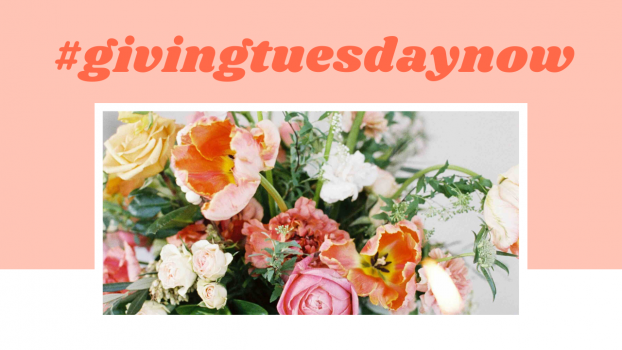
Mayesh resources for upcoming #GivingTuesdayNow (May 5th)

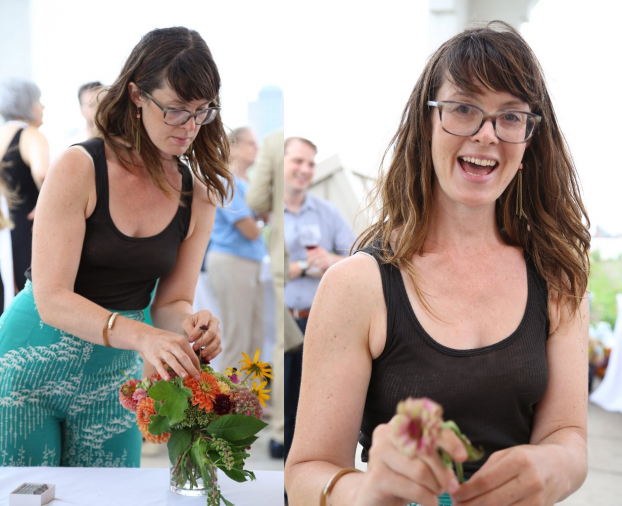
And here’s a bit more about Molly Culver: Supporting local farmers, small farm economies, regional food and water sheds, and social justice initiatives have been Molly’s defining passions. She trained as an organic farmer in her early 20s and worked as a vegetable/flower farmer and educator for 10 years, both in NYC and in California.
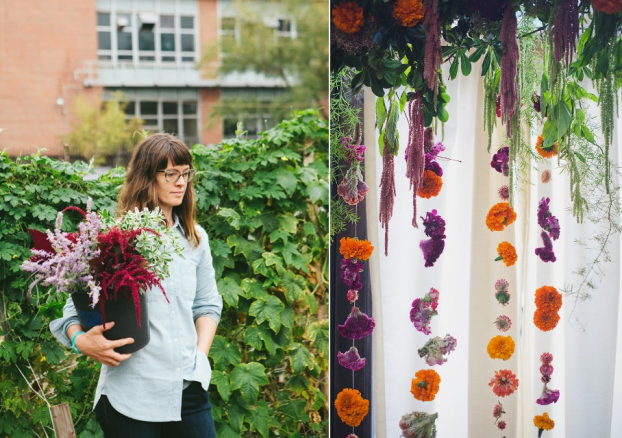
Floral design work is a natural extension of Molly’s urge to create, her reverence for the natural world, and love of hands-on team work that employs the whole body and all the senses. She launched Molly Oliver Flowers in 2012 to support regional flower growers, and to build a floral design business that approached events with a zero waste mindset.
Throughout Molly’s most beloved life experiences, the connective tissue has always been people, soil, and plants. At the core, she cares deeply about equity, inclusion, sustainability and loving kindness and she aims for these values to serve as a foundation for her business.
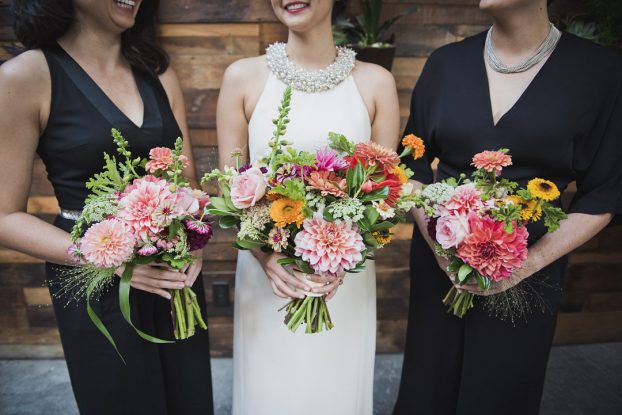
When not designing flowers, you can find Molly teaching soil science at Brooklyn Botanic Garden, cooking with friends, doing something outside, or squeezing her two adorable cats.
Her work as a farmer, farmer-florist, and Slow Flowers advocate has been featured in Bust Magazine, the New York Times, Well Wed, Modern Farmer Magazine, Brides Magazine, the Slow Flowers Podcast, Radio Cherry Bombe, Florists’ Review and more.
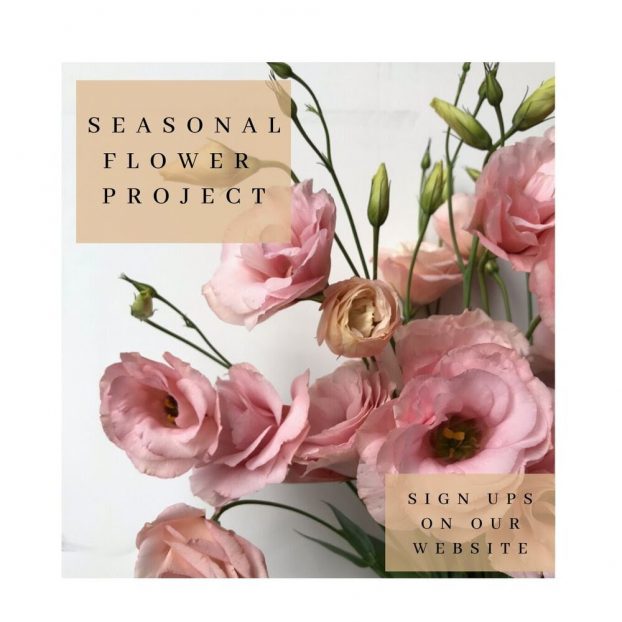
a weekly flower delivery service on Fridays!
About the Seasonal Flower Project:
WHY MONTHLY SUBSCRIPTIONS?
“No events in NYC means orders are well below the typical volume for farms. To make a 2-3 hour trip to NYC worth it, we need to invest as a collective. If we have 40+ households sign up, we will be hitting the minimum volume of sales needed to make this trip worth the investment in labor, gas money, lost sleep, and time away from the farm when labor has been slashed to meet social distancing guidelines.
“So, we are asking you to invest for a month, or two, or three. On our end, biting our fingernails off worrying if we will hit that 40-order minimum is a little too much stress during a stressful time! Community Supported Agriculture (or CSA) is a way to ensure support to the farmer; Molly Oliver Flowers is adopting the model also as a way to ensure this small business’s survival through this challenging time.”
Find and follow Molly Oliver Flowers:
Molly Oliver Flowers’ Online Education
Molly Oliver Flowers on Facebook
Molly Oliver Flowers on Instagram

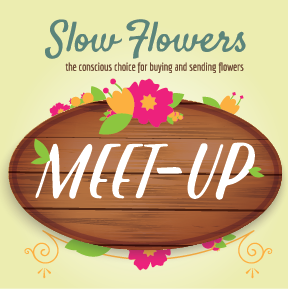 Our Slow Flowers Member Virtual Meet-Ups continue to have great attendance and participation and feel incredibly rewarding. Last Friday on April 24th, our topic turned to Wellness and Self-Care — and it was a beautiful hour together with our two guest speakers and dozens of members who joined the Zoom call. Thank you to life and career coach Julie Tobi and writer and artist Lorene Edwards Forkner for sharing and encouraging those of us who attended. If you couldn’t make it to the Meet-Up, you’ll want to watch the playback video, seen above.
Our Slow Flowers Member Virtual Meet-Ups continue to have great attendance and participation and feel incredibly rewarding. Last Friday on April 24th, our topic turned to Wellness and Self-Care — and it was a beautiful hour together with our two guest speakers and dozens of members who joined the Zoom call. Thank you to life and career coach Julie Tobi and writer and artist Lorene Edwards Forkner for sharing and encouraging those of us who attended. If you couldn’t make it to the Meet-Up, you’ll want to watch the playback video, seen above.
Please join the next Slow Flowers Virtual Meet-Up on Friday, May 1st at 10 am Pacific/1 pm Eastern [Please note the new time this week]. Can’t wait to see you there! We have three special guests who will walk us through strategies and creative ideas for your Mother’s Day floral plans.
 We’ll welcome Kelly Shore of Petals by the Shore, a longtime Slow Flowers member and past Slow Flowers Summit speaker. Kelly is based in Bethesda, Maryland, where she has primarily focused her studio business on weddings and events, as well as education through The Floral Source, her retreat-style workshops. She will talk about rapidly transforming her business into a contact-free floral delivery service.
We’ll welcome Kelly Shore of Petals by the Shore, a longtime Slow Flowers member and past Slow Flowers Summit speaker. Kelly is based in Bethesda, Maryland, where she has primarily focused her studio business on weddings and events, as well as education through The Floral Source, her retreat-style workshops. She will talk about rapidly transforming her business into a contact-free floral delivery service.
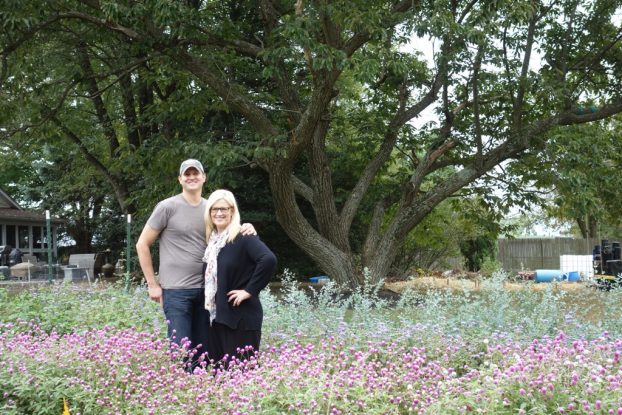
Kelly relies heavily on local Maryland-grown flowers, so we’ve asked two of her favorite farmers, Sarah Daken and Tom Precht of Grateful Gardeners, to also join the Meet-Up. They will share about collaborating with florists and developing their own farm-direct business model — which looks quite a bit different than they envisioned it would be in 2020.
Like Kelly, Sarah and Tom are past guests of the Slow Flowers Podcast and active members of Slow Flowers. Please join us from this Zoom Link.
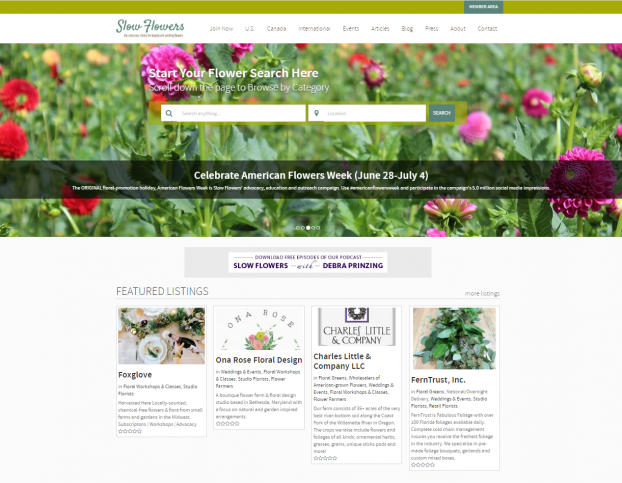
This podcast is brought to you by Slowflowers.com, the free, nationwide online directory to florists, shops, and studios who design with American-grown flowers and to the farms that grow those blooms. It’s the conscious choice for buying and sending flowers.
And thank you to Florists’ Review magazine. I’m delighted to serve as Contributing Editor for Slow Flowers Journal, found in the pages of Florists’ Review. Read our stories at slowflowersjournal.com.
More thanks goes to: Longfield Gardens, which provides home gardeners with high quality flower bulbs and perennials. Their online store offers plants for every region and every season, from tulips and daffodils to dahlias, caladiums and amaryllis. Check out the full catalog at Longfield Gardens at longfield-gardens.com.
Association of Specialty Cut Flower Growers. Formed in 1988, ASCFG was created to educate, unite, and support commercial cut flower growers. It mission is to help growers produce high-quality floral material, and to foster and promote the local availability of that product. Learn more at ascfg.org.
FarmersWeb. FarmersWeb software makes it simple for flower farms to streamline working with their buyers. By lessening the administrative load and increasing efficiency, FarmersWeb helps your farm save time, reduce errors, and work with more buyers overall. Learn more at www.farmersweb.com.

This is the weekly podcast about American Flowers and the people who grow and design with them. It’s all about making a conscious choice and I invite you to join the conversation and the creative community as we discuss the vital topics of saving our domestic flower farms and supporting a floral industry that relies on a safe, seasonal and local supply of flowers and foliage.
The Slow Flowers Podcast has been downloaded more than 600,000 times by listeners like you. Thank you for listening, commenting and sharing – it means so much.
As our movement gains more supporters and more passionate participants who believe in the importance of the American cut flower industry, the momentum is contagious. I know you feel it, too. I value your support and invite you to show your thanks and with a donation to support my ongoing advocacy, education and outreach activities. You can find the donate button in the column to the right.
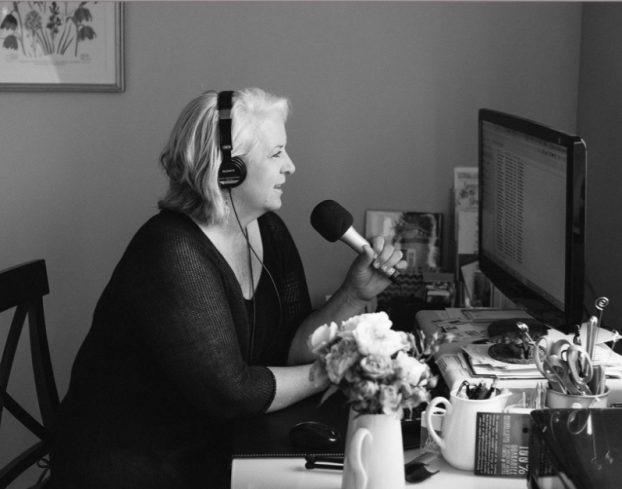
I’m Debra Prinzing, host and producer of the Slow Flowers Podcast. Next week, you’re invited to join me in putting more American grown flowers on the table, one vase at a time. And If you like what you hear, please consider logging onto iTunes and posting a listener review.
The content and opinions expressed here are either mine alone or those of my guests alone, independent of any podcast sponsor or other person, company or organization.
The Slow Flowers Podcast is engineered and edited by Andrew Brenlan. Learn more about his work at soundbodymovement.com.
Music Credits:
Heartland Flyer; Gaena; Glass Beads
by Blue Dot Sessions
http://www.sessions.blue
Lovely by Tryad
http://tryad.bandcamp.com/album/instrumentals
http://creativecommons.org/licenses/by-sa/3.0/
In The Field
audionautix.com









